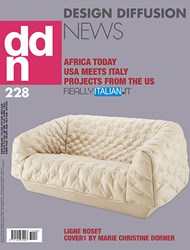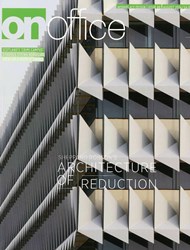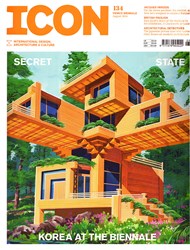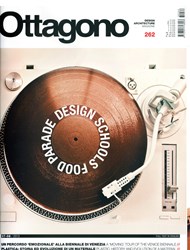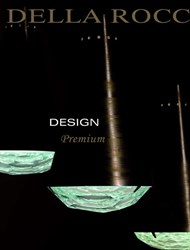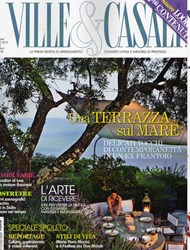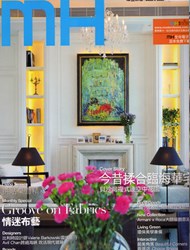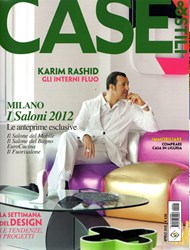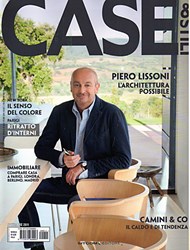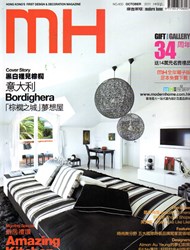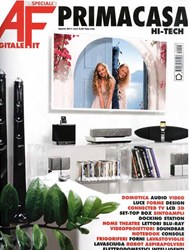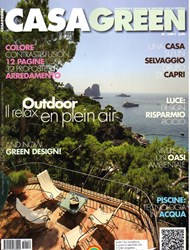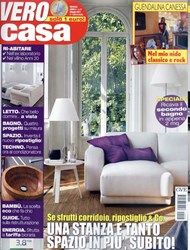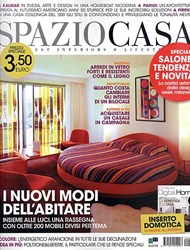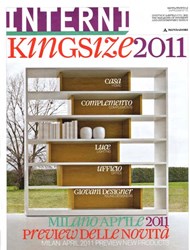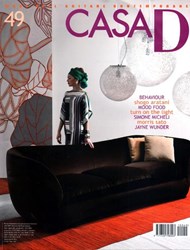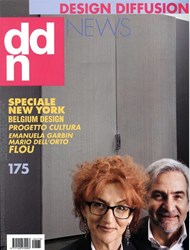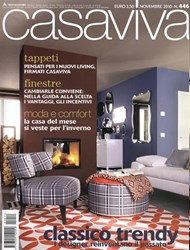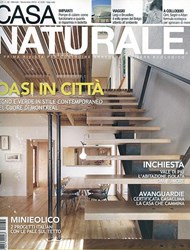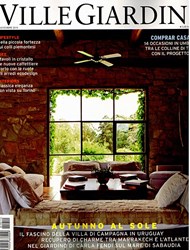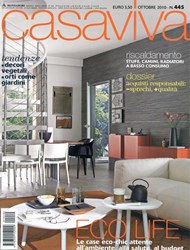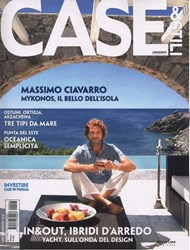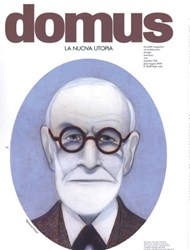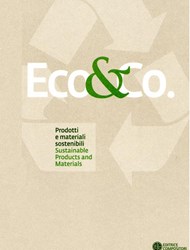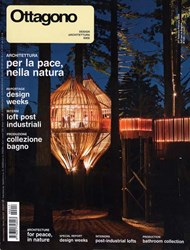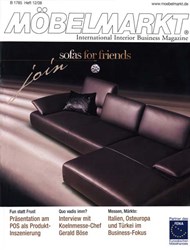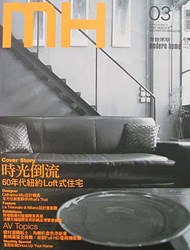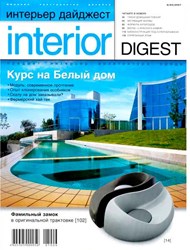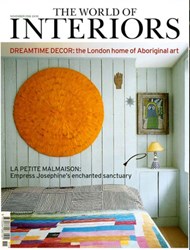
Our approach to design aims to provide and enhance the seriousness of the interventions with a clear reference to the great historical avant-gardes that, through vicissitudes of all kinds and the efforts of the masters, have invented new visions of the world and new aesthetics of reference (which we are fortunate to benefit from). My sensitivity and natural predisposition has led me to take as a reference those visions of purity and simplicity of thought that I felt closest to my being, without a specific motivation, simply identified with my nature. Concreteness and decisiveness, clear and well-thought-out ideas. Purpose: VESSEL space (a name linked to the sea; a tribute to the place of origin; constituent materials of the first version: natural galvanized iron for the metal structures, okume panels for the wood finishes), a place capable of reorganizing a situation; for example, a situation of meditation (yoga), play (toys with children), or simply tidying up (bags and objects upon returning home). It is therefore an enclosed and reassuring space (enveloping panels), like a plaza where functions could be performed. It can also be left without a function (sculptural space). The structure is limited to a metal frame with exposed screws and bolts (mechanistic concept); composed of readily available commercial elements, so nothing was custom-made! These elements are easily removed when the structure is dismantled and therefore easy to identify. The influence of the "Mecano" game contributed to shaping its creative aspect.
Subsequently, an entire collection of furnishing elements was created (the VESSEL collection - inserting the element of human use/function) based on the same concept; hence the TANK space (identified as a chair), the MECANO 180e 60 space (identified as a table), and so on. All these objects/structures have a life of their own in the sense that they do not require human use to have meaning. These are simply objects representing a personal thought with no commercial ties: it's not a design for a chair, a table, or a bed, but rather the design of a structure to be used as a chair, a bed, or a table. That is, it resembles a table but is not a table (the idea of a table).
The approach to its creation was entirely free creatively (just like a painter who wakes up in the morning and creates the work he has in mind) without any market research or commercial analysis whatsoever. It is therefore a collection of conceptual "FURNITURE." Their transformation into commercial "FURNITURE," however, could occur with a few modifications without fundamentally compromising the original spirit (linked to the happiness of the individual creator).
The VESSEL collection has been joined by a second line (currently available with just one product: the URBANO stool), the URBS collection. All products are designed exclusively in steel and composed of simple geometric shapes: cylinders and parallelepipeds—basic geometric elements—assembled or superimposed to form objects that simultaneously represent (oscillate) something very small (for example, the urban stool: composed of nine cylinders and a rectangular top) or something very large (for example, the urban residential complex: composed of nine cylindrical towers and a roof garden as a rectangular top). Steel serves as the supporting structure of the same situation, albeit on a different scale.
All these products are made up of fundamental elements that are indispensable to their existence, meaning that every element that makes up the structure is necessary to the structure itself. There are no arbitrary or decorative situations; everything is reduced to the essential and maximally dematerialized. There are no surfaces or textures. Part of today's design is based mostly on texture work rather than on the design research of the defined substance.
Today's world is bland.

RAL 1018

RAL 2002

RAL 4005

RAL 6027

Ferro Zincato Naturale

RAL 9003

RAL 8019

RAL 8022
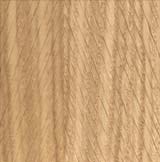
Rovere Naturale
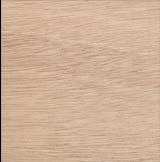
Multistrato Marino
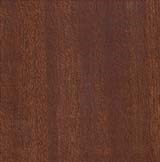
Mogano

Wenge

Cotone Bianco
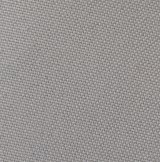
Cotone Tortora
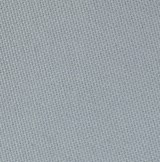
Cotone Grigio Chiaro
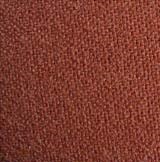
Cotone Marrone


